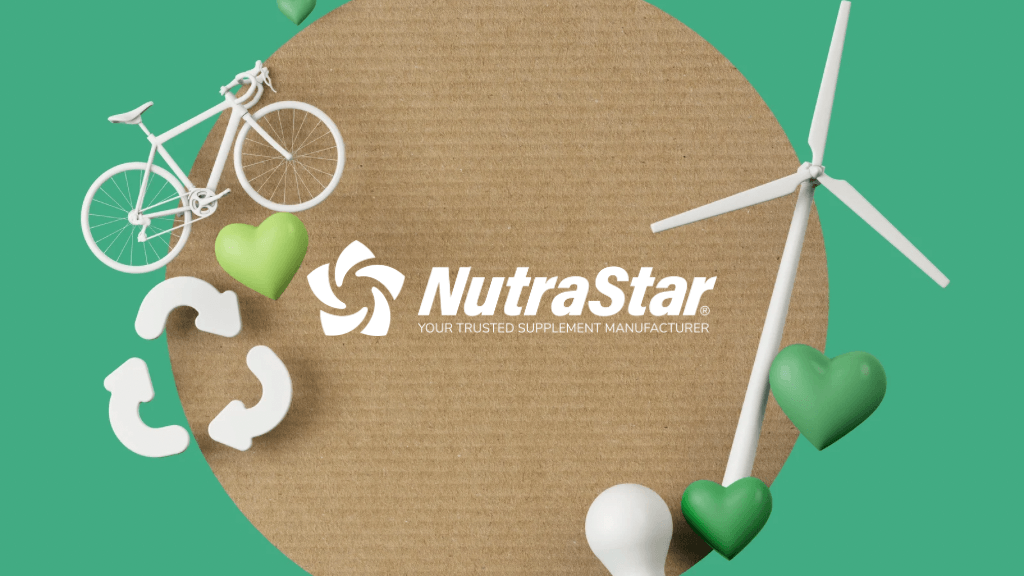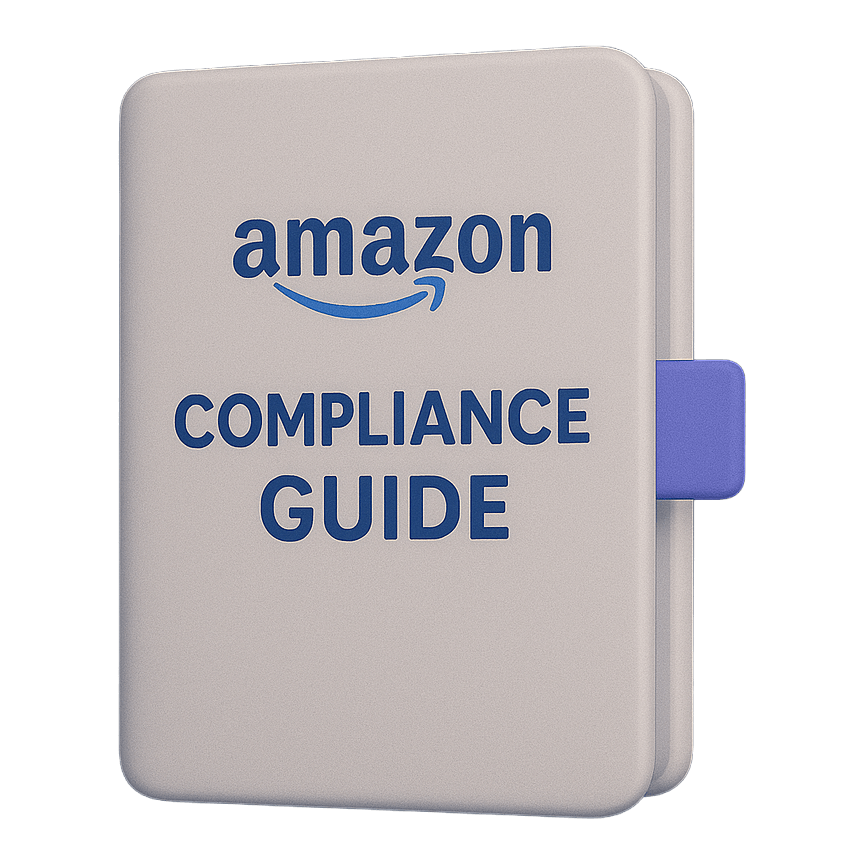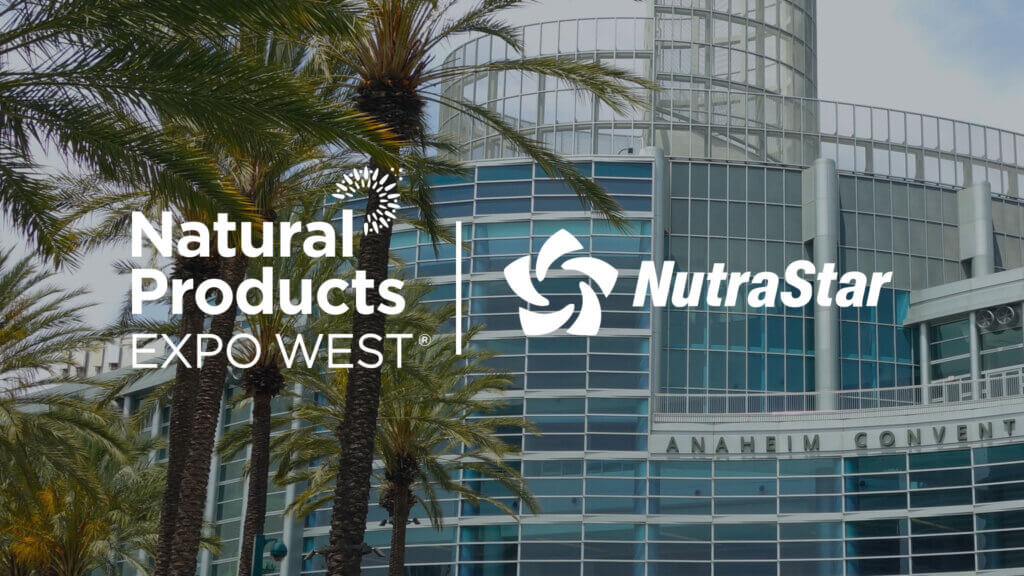Sustainability in Supplements: Beyond Packaging
When most people hear “sustainability,” they think of recyclable packaging or reducing plastic waste — and yes, those are essential. But for supplement brands today, sustainability is evolving into a much broader, more complex conversation that touches every point of the product lifecycle.
From the soil where ingredients are grown, to the emissions generated during manufacturing, to the ethical treatment of supply chain workers — modern consumers are paying attention. And they’re not just applauding brands that “go green”; they’re expecting transparency, accountability, and innovation.
In this article, we’re going deeper than compostable bottles. We’re diving into the overlooked areas of sustainability in the supplement space and how getting it right can foster long-term brand loyalty — not just good PR.
1. Sustainable Ingredient Sourcing: Soil to Capsule
Sourcing practices are under the microscope — and rightfully so. From adaptogens to nootropics, many trending ingredients are being wild-harvested in ecosystems that can’t regenerate fast enough.
Key considerations for brands:
- Are your ingredients sustainably grown or harvested?
- Are you supporting regenerative agriculture practices?
- How much water, land, and biodiversity is affected in your ingredient’s origin region?
Case Example: Some companies are now partnering directly with smallholder farms and biodiversity initiatives to ensure long-term ingredient availability — while also making a measurable positive impact on the environment.
2. Low-Impact Manufacturing: The Hidden Carbon Cost
Few consumers know the energy cost of converting a raw botanical into a standardized extract. But that’s changing — especially as more brands disclose their carbon footprint.
Opportunities for improvement include:
- Using renewable energy at manufacturing sites
- Investing in waterless or solvent-free extraction processes
- Minimizing waste in batch production runs
- Switching to energy-efficient equipment across production lines
Your facility’s sustainability score will soon become as important as your label design. The brands that are already adapting will lead the conversation.
3. Distribution & Logistics: Rethinking the Last Mile
Shipping might be the least “sexy” part of the supplement lifecycle — but it’s one of the biggest contributors to a brand’s environmental footprint. And guess what? Consumers are connecting the dots.
Forward-thinking solutions:
- Optimizing packaging size to reduce freight waste
- Partnering with carbon-neutral logistics providers
- Localizing fulfillment centers to reduce transit emissions
- Offering batch shipping or pickup hubs to avoid excess delivery trips
If you’re talking about “sustainable values,” make sure the box you ship in supports that claim.
4. Certifications, Accountability & Transparency
Claims are easy to make. Verifying them is another story. Today’s savvy consumers want proof — and they’ll reward brands that make verification effortless.
Considerations:
- How easy is it to verify your sustainability efforts from your website or packaging?
- Are you seeking third-party certifications like B Corp, Fair for Life, Rainforest Alliance, or CarbonNeutral®?
- Can customers trace your ingredients in real time? (Hint: blockchain technology is becoming an asset here.)
Sustainability isn’t a label anymore. It’s an ecosystem of trust, and consumers are demanding a seat at the table.
5. Why It Matters: The Loyalty Link
Sustainable brands aren’t just “nice to have.” They’re outperforming in retention, loyalty, and even price tolerance. A 2023 NielsenIQ study found that 78% of global consumers feel sustainability is important, and 60% are willing to pay more for brands with strong eco credentials.
But more than that — sustainability creates emotional alignment. It’s not just about what a brand does; it’s about what it stands for.
And in a saturated supplement market, standing for something real is your ultimate competitive edge.
Sustainability is Strategy
Sustainability in supplements isn’t a silo — it’s a strategy. It’s not just the packaging engineer’s job or the marketing team’s campaign. It’s a company-wide commitment that touches sourcing, operations, logistics, and communication.
And the brands that treat it that way? They’re building more than products — they’re building trust, community, and a future.
Let’s Build the Future, Sustainably
NutraStar partners with brands who want to lead with purpose and create supplements that consumers can truly believe in — from the inside out. From sustainable ingredient sourcing to low-waste manufacturing, our facilities and practices are built to support your mission.







